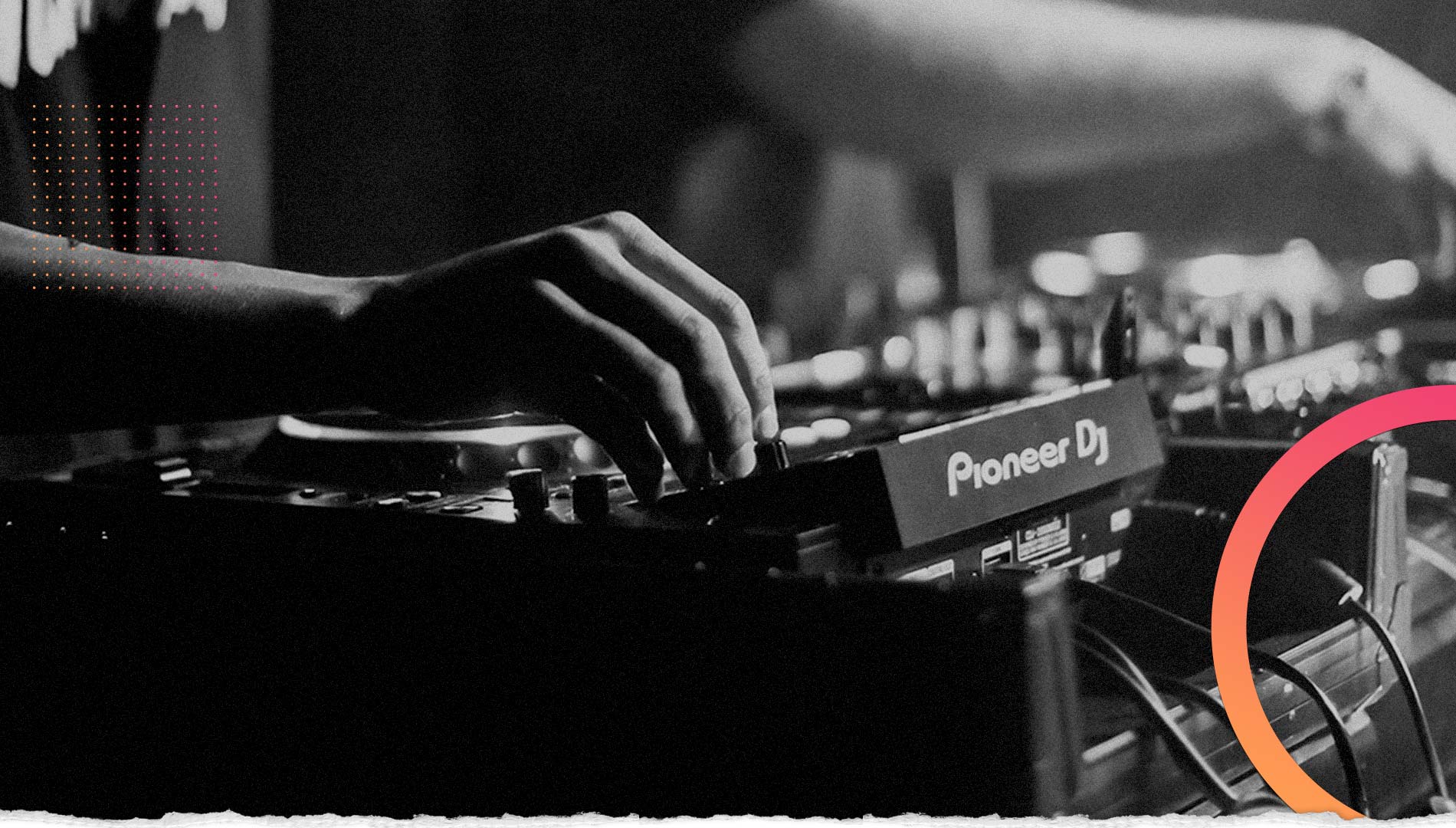With the wave of a conductor’s baton, a heartbreaking melody began to resound inside a concert hall in London — a song composed by a prisoner in a Nazi death camp that, until Monday, had not been played in public.
Listeners:
Top listeners:
-
 play_arrow
play_arrow
Electromusic FM RADIO ONLINE 24/7
-
 play_arrow
play_arrow
London Calling Podcast Yana Bolder

Save
The song was part of a collection of 210 pieces of music that British composer and conductor Leo Geyer stumbled upon in 2015 while visiting the World War II death camp run by Nazi Germany in occupied Poland. Geyer made the trip after he was commissioned to create a piece honoring Martin Gilbert, a historian and Holocaust expert who died that February.
Geyer traveled to Poland to get a “sense of the gravity” of Gilbert’s work, he said. At the relic of the largest Nazi death camp, barbed-wire fences stretched far into the horizon and out of Geyer’s sight. Within it, nature appeared silent, “almost in mourning” of the approximately 1.1 million people who lost their lives there, he said. But amid that agonizing site, Geyer would soon discover a bounty of musical archives that would inspire his next project.
“I had a conversation with one of the archivists, and he said in a somewhat offhand way that there were some [musical] manuscripts in the archive,” Geyer told The Washington Post. “I nearly fell over at the time when he mentioned it because I couldn’t believe that such a thing could exist and that it had been overlooked all this time.”
About 80 years ago, musicians at Auschwitz who were part of the camp’s orchestras had arranged and played those scores. Music is deeply intertwined with horrors of the Holocaust, and Nazis used the arts “as part of the murder machine,” Norman Lebrecht, a British music journalist, told the German media outlet DW. Prisoners at Auschwitz and other camps were made to march to forced-labor sites or gas chambers to the beat of the orchestras’ music. The sound would drown out the noise of executions, according to ORT, the global Jewish education network. Nazi officers also assembled prisoner orchestras for their own entertainment.
Although music was used for exploitation, it also served as a way for prisoners to express the pain and terror they faced.
“Jews being held in concentration camps were unable to document what was happening to them by conventional means. Writing down or photographing this would have been impossible, so they turned to a long cultural tradition of telling their stories through songs and music,” historian Shirli Gilbert said in a news release. “ … Away from the eye of the SS officers, Jews secretly created their own music as a means to cope, survive and document.”
She survived Auschwitz. Now she’s teaching Gen Z about it — on TikTok.
After World War II, the orchestras’ scores became a testament to the horrors of the Holocaust. And decades later, as Geyer inspected them at the Auschwitz archives, they inspired the composer to re-create the music that had gone unplayed since then — a feat that would take Geyer seven years, six visits to Auschwitz, several interviews with survivors, and hours upon hours of research.
“It’s the equivalent of several hundred jigsaw puzzles, except many of the pieces are missing,” he said. “It requires a certain amount of musical detective work to put the pieces together, to recompose missing parts, to discover the music.”
There were fragments of different songs, each with “varying levels of completion,” Geyer said. Some were unfinished. Much of the sheet music had burn marks along the edges. Most scores were incomplete.
Further complicating matters was the fact that the orchestras often used a “hodgepodge of random instruments that were available,” Geyer said, including some that are not traditionally used in orchestras like accordions, saxophones and mandolins.
“Therefore, a lot of this music would have sounded very strange,” he said. “It’s a lot of pieces that we know and love — for example, Mozart and Beethoven — and then, of course, imagining that with all these strange brass instruments and accordions.”
Despite the challenges, Geyer was moved as he encountered powerful messages of resilience hidden on the crumbling pieces of paper. Most of the songs were eerily lively German marching tunes, he said — but the prisoners also managed to weave in the Polish national anthem and music by the American composer John Philip Sousa, such as “The Stars and Stripes Forever.”
Yet, the piece that most inspired Geyer to embark on his project was “Futile Regrets,” an example of the secret music the prisoners would craft for themselves. The unfinished composition was a symphony of sorrow that told stories of lives interrupted and futures stolen, he said. The sheet music was unsigned, so the composer’s identity and fate remains a mystery, though Geyer said their handwriting reminded him of his own.
“After seeing that, I just felt it was my duty to finish it,” Geyer said. “I’m not Jewish, Romani, Polish, Russian or disabled, or descended from any person from Auschwitz, but I do stand by those who are persecuted for no reason other than who they are. And I hope to live in a world where no evil could rise again.”
On Monday, “Futile Regrets” and three other pieces found at Auschwitz were performed as part of a concert celebrating the 10th anniversary of Constella Music, Geyer’s music company. The performance, Geyer said, was organized to raise funds for an upcoming opera ballet that will tell the story of Auschwitz’s prisoner orchestras.
“Music is incredibly powerful, and it enables us to engage with the Holocaust in a new and a different way,” Geyer said. “And unfortunately, because the times we’re living in at the moment and the rise of antisemitism worldwide, the importance of Holocaust remembrance has never been more significant.”
Written by: Soft FM Radio Staff
Auschwitz composer Holocaust music Orchestra ReCreates written
Similar posts
Electro Music Newsletter
Don't miss a beat
Sign up for the latest electronic news and special deals
EMAIL ADDRESS*
By signing up, you understand and agree that your data will be collected and used subject to our Privacy Policy and Terms of Use.
Podcast episodes
 Invalid license, for more info click here
Invalid license, for more info click here
Copy rights Soft FM Radio.




